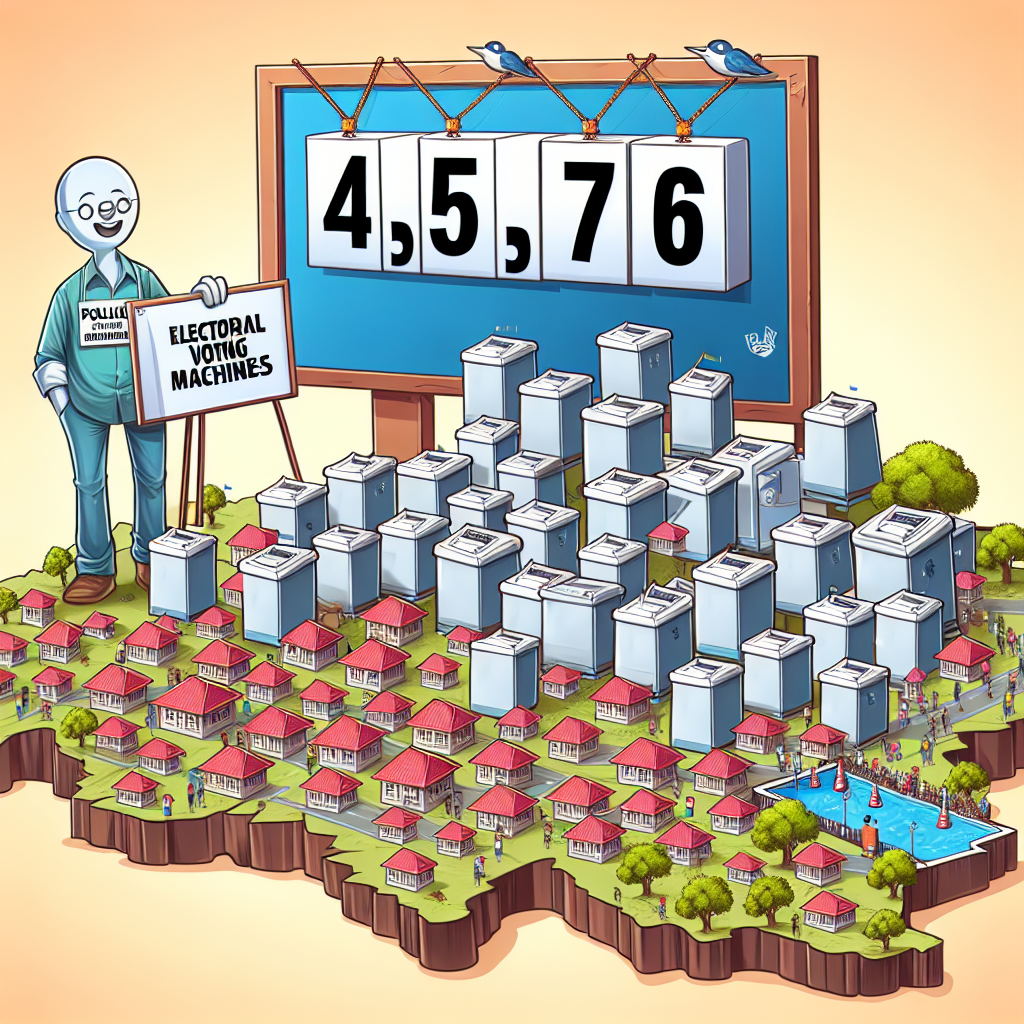Sri Lanka's Quest for Change: A Nation in Political Flux
After an intense uprising led to the ousting of Sri Lanka's president two years ago, the nation anticipates its first election since the upheaval. Amid economic woes and calls for systemic change, many citizens are dissatisfied with the political status quo and find it challenging to unite behind a candidate.

- Country:
- Sri Lanka
Two years ago, tens of thousands of Sri Lankans rose up against their president, forcing him to flee the country. As the nation prepares for its first election since then, many citizens remain disillusioned and are still waiting for tangible change.
As Sri Lanka sank into economic collapse in 2022, people from various walks of life rallied to challenge a long-entrenched government. This unprecedented island-wide public uprising was a moment of hope for a country fatigued by war and economic instability. Days ahead of Saturday's presidential election, the dissatisfaction continues as citizens accuse leaders of corruption and mismanagement while struggling to unite behind a single candidate. They agree on one thing: Sri Lanka needs a new political system to emerge from economic and political turmoil.
Rajapaksa was replaced by then-prime minister Ranil Wickremesinghe, a move seen by many protesters as a victory for the status quo. Current government critics argue that it is still dominated by politicians who have ruled through a civil war and a severe economic crisis.
Despite making significant strides in stabilizing the economy, Wickremesinghe has faced backlash for policies that have raised the cost of living. Additionally, many of the protest movement's goals, such as implementing political accountability and curbing presidential powers, remain unmet.
As the election looms, opponents like Sajith Premadasa and Anura Dissanayake promise substantial political changes. However, former protesters, divided in their opinions, continue to demand systemic reforms to ensure a more democratic and economically stable future for Sri Lanka.
(With inputs from agencies.)
ALSO READ
PoGB: Karakoram Highway blockade enters Day 2 as protesters demand elders' release
PoGB: Karakoram Highway blockade enters Day 2 as protesters demand elders' release
Farmers' march stopped at Shambhu border, police fire tear gas to disperse protesters
Farmers' march stopped at Shambhu border, police fire tear gas to disperse protesters
Defying Authority: Druze Protesters Topple Assad's Legacy










